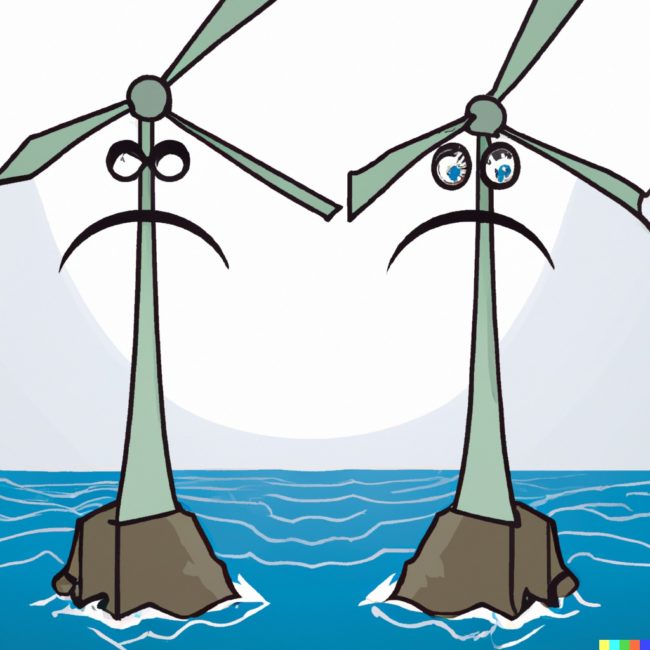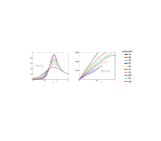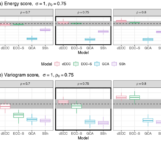
Off-shore wind energy plays a key role in the transition to a renewable energy (RE) system, and its usage is expected to increase in the next few decades. Nevertheless, wind energy is one of the most variable and weather-dependent RE, because of its natural dependence on the wind speed, which can vary at different time scales, ranging from small-scale turbulence to seasonal oscillations and up to long-term climate variability. According to the working regimes of a wind turbine, wind energy production can be disrupted by extreme atmospheric events related to low and high wind speed, since under these conditions winds can easily reach such speeds to force the turbines to be parked or idled, or, conversely, not be strong enough to move them, thus interrupting the energy production. In Europe, high-speed winds are mainly associated with the passage of the extra-tropical cyclones, especially in autumn and winter. Changes in the intensity or frequency of the cyclones (anticyclones) can cause changes in the occurrence of intense storms or low-speed winds events, with possible impacts on the electric power generation. Therefore, it is of strong interest having information about their features and tracks, as well as knowing which weather regimes generate them.
If previously studies of wind power generation assumed stationary weather conditions, in this article we have relaxed this assumption and we extended the viewpoint by specifically looking at the relationship between extreme high/low-speed wind conditions and weather regimes. Focusing on the European panorama, over the period 1950-2020, we detected significant changes in the frequency of high and low extreme wind events, proving that climate change and long-term internal climate variability have already affected the off-shore wind power output. Moreover, the analysis of weather patterns showed that high and low extreme wind events can occur simultaneously in different European countries, impacting energy production on a regional scale.
Therefore, we can state that the planning of new wind farms should take into account also the behaviour of the extreme wind events, which can represent a threat to an efficient operation of the installations, and we suggest the necessity to implement efficient energy management policies, to minimize the deficit in wind power supply.
Reference




